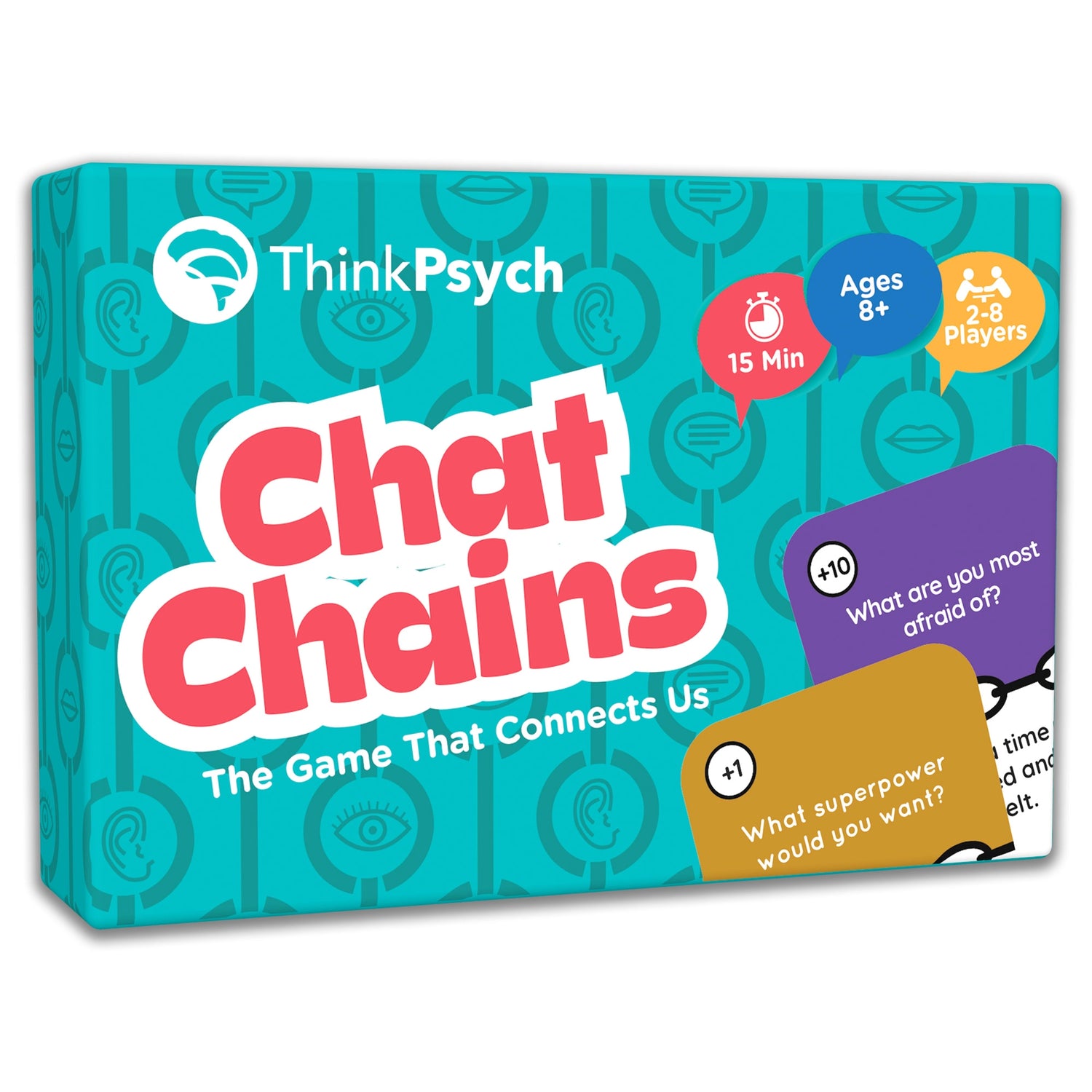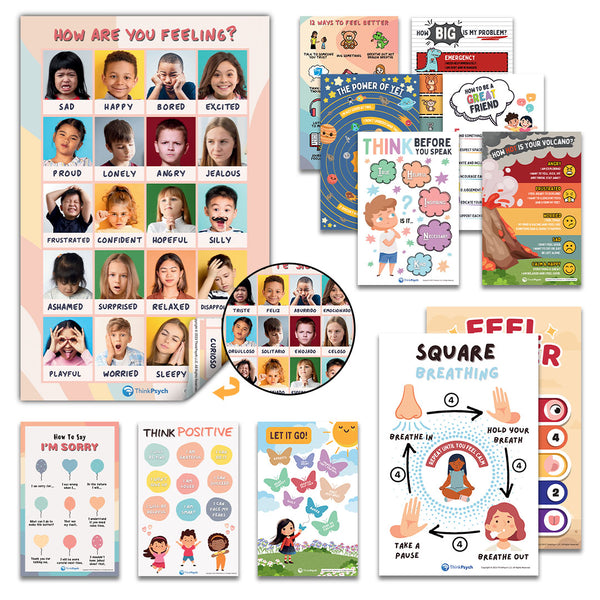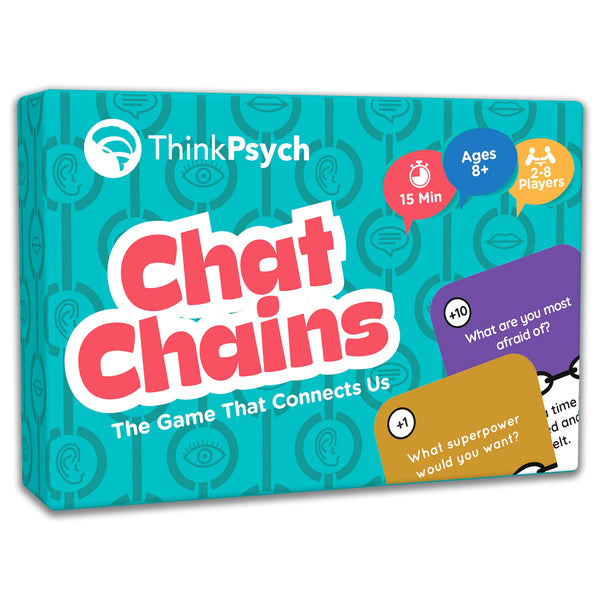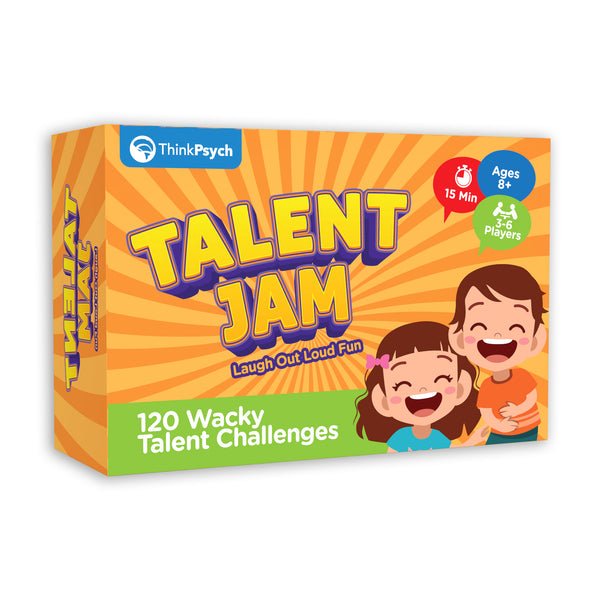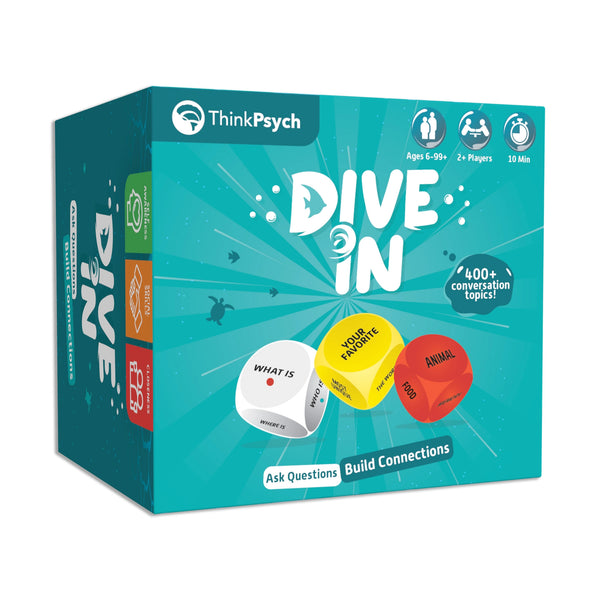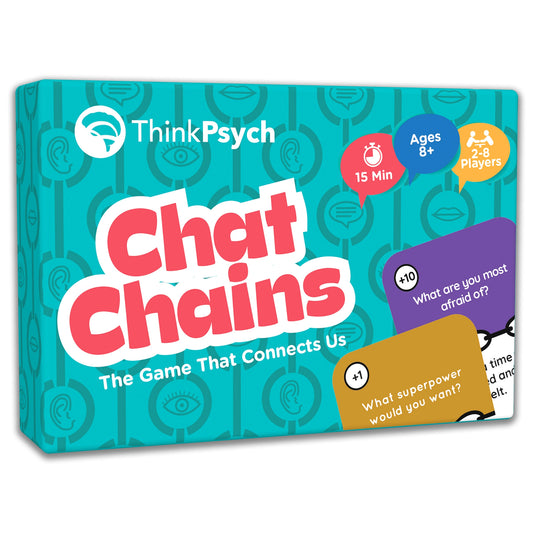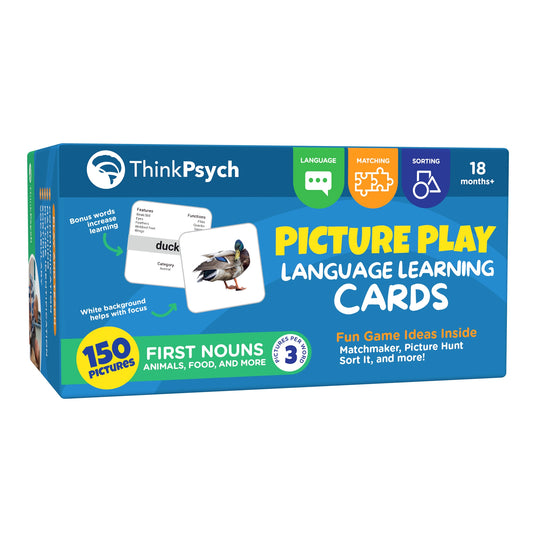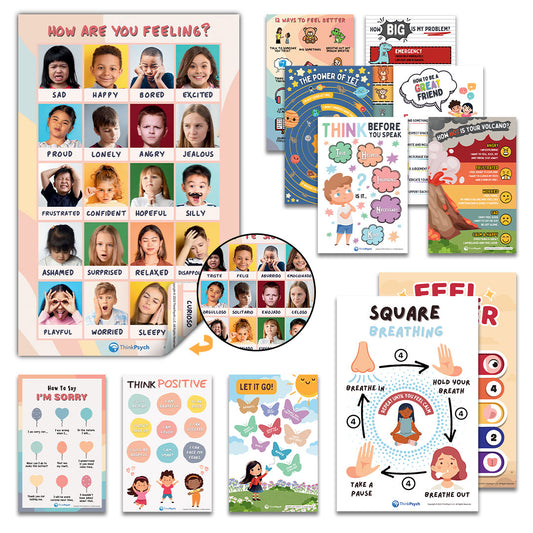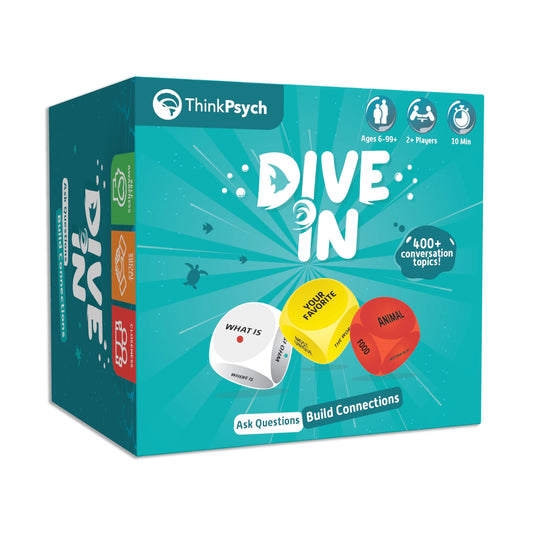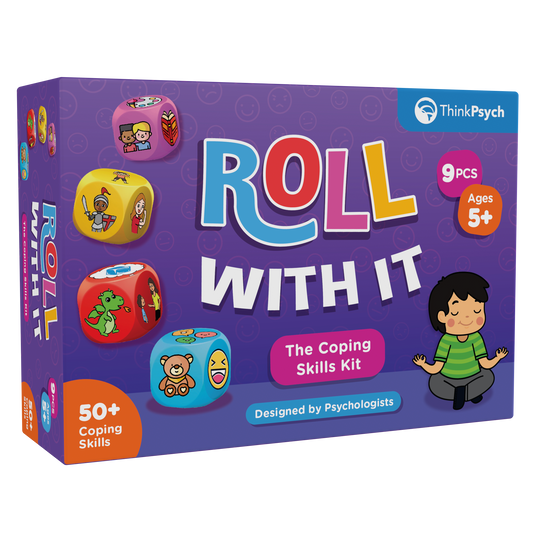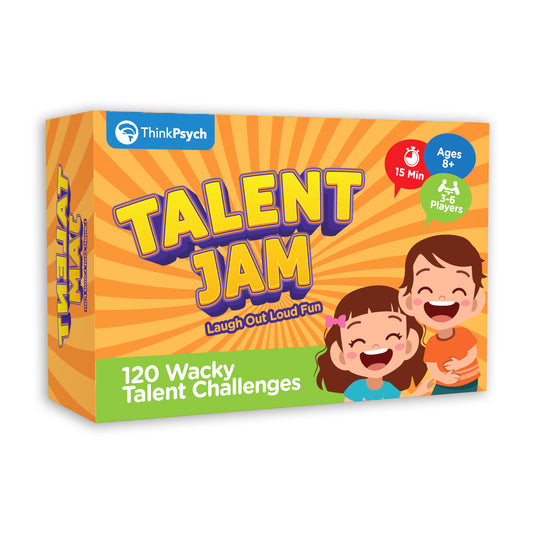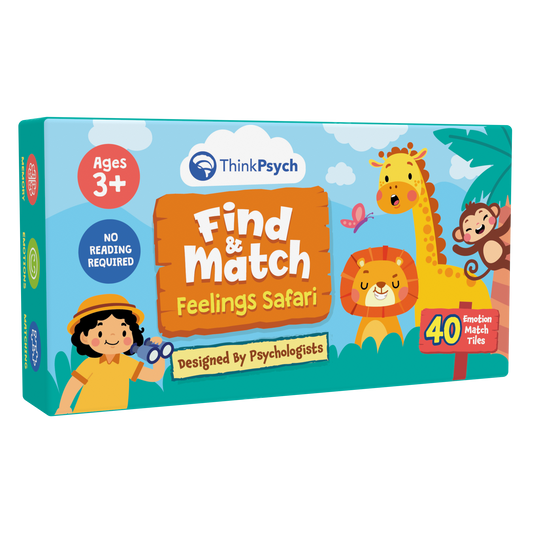
How Social-Emotional Learning Can Improve Academic Achievement
Share
Every child deserves to have their best chance at living a successful, happy, healthy life.
For years, experts have been trying to find the best ways to improve academic achievement effectively, with varying results. Some approaches work for a time, but then fizzle out. Others seem to have no effect whatsoever.
But there’s one promising method that’s been shown to improve academic achievement, and it also has the added benefit of making students happier and more well-rounded: social-emotional learning (SEL).
What is Social-Emotional Learning?
Social-emotional learning is the process by which children develop skills like self-awareness, empathy, and self-regulation. These skills have an impact on every part of our lives, from our personal relationships to our work performance.
And, as it turns out, it’s also crucial for academic success.
A growing body of research has shown that SEL skills are linked to better grades, higher test scores, and improved graduation rates. In fact, a recent meta-analysis of several studies on SEL interventions found that, on average, students who participated in SEL programs saw an 11 percentile-point increase in academic achievement.
So why is SEL so effective at improving academic achievement?
How Social-Emotional Learning Can Help Students Succeed Academically
There are many factors that can hinder a student’s academic success. From financial security to relationships with peers to mental and physical health, sometimes things happen that students have no control over that end up massively affecting their academic performance.
Something that can help students cope with any of these outside stressors is social-emotional learning (SEL).
As previously stated, social-emotional learning (SEL) is the term for the process by which we learn to have empathy, self-awareness, and how to emotionally self-regulate in the face of adversity.
When we have these skills, we’re better able to manage relationships, navigate difficult situations, and reach our goals. If we feel supported emotionally and socially, we’re more likely to attend school, feel connected to our classmates and teachers, and be engaged in learning.
SEL in the Classroom
One of the most important places to implement social-emotional learning is in the classroom. When students feel like they have a positive relationship with their teacher and classmates, they’re more likely to want to be at school and be engaged in learning.
SEL can also help reduce behavioral problems in the classroom, as students who feel supported are less likely to act out.
There are a number of ways that teachers can integrate SEL into their classrooms. One way is to start each day with a “check-in,” where students share how they’re feeling emotionally and socially. The teacher then has a chance to check in with each student individually and see if there are any issues that need to be addressed.
Another option to integrate SEL into your classroom is to teach specific SEL skills, such as empathy or emotion regulation. You can do this through short lessons, activities, or even incorporating SEL into the existing curriculum.
For example, if you’re teaching a unit on the Revolutionary War, you could discuss how the different sides felt during the conflict and why they acted the way they did. Your students may find it easier that way to understand the importance of empathy and how it can be used to resolve conflict.
Or, if you’re teaching a science unit on the water cycle, you could discuss how different emotions can affect our bodies, just like the weather can affect the water cycle. This would help students to better understand the connection between their emotions and their physical health.
For even more tips on how to incorporate SEL into your classroom, check out this article: 9 Social Skills Activities for High School Students.
Shop ThinkPsych Products
SEL at Home
If you’re the parent of a child who is struggling academically, it’s important that you take a good look at what factors may be causing them to struggle. It’s very likely that they are having trouble regulating something emotionally, or having problems socially with peers or teachers at school.
Social-emotional learning can be a remedy to help them go from falling behind to excelling in all areas.
Some ways you can support your child’s social-emotional development are:
- Talking with them about their day and how they’re feeling.
- Helping them understand and label their emotions.
- Encouraging them to express themselves in healthy ways, whether that’s through art, music, sports, or another outlet.
- Modeling calm and positive behavior yourself.
- Creating opportunities for them to practice cooperation and teamwork through games, puzzles, and other activities.
Starting to model good emotional self-regulation skills to your child from an early age can be extremely beneficial to their growth and development, as well as beneficial for you.
If your child is able to self-regulate and express their feelings and needs effectively, not only will you save them the distress of being misunderstood, but you save yourself the stress of trying to figure out what your child needs or wants.
Social-Emotional Learning — Moving Forward
Knowing ourselves emotionally and being able to regulate those emotions is crucial for success in life, not only academically but on every level of our lives. If we want to set our children up for success, it’s important that we incorporate social-emotional learning into their lives from an early age.
SEL gives us and our children all the tools and skill sets we need to healthily manage our emotions and relate to others on a deeper level . It’s also proven to have a profound impact on students’ academic experience.
As the world begins to return to normal after the COVID-19 pandemic, it’s important that we provide our children with all the tools they need to handle face-to-face interactions and all the emotions that come with it. SEL is the perfect way to prepare kids who are new to the school setting, as well as the perfect way to help students already struggling in school.
When everything else has failed our kids – tutoring, at-home punishments, detention, suspension – it’s time to start looking inward and helping our children learn to support themselves emotionally. With the right tools taught by SEL, everything else will fall right into place.
References
- What Does the Research Say? https://casel.org/fundamentals-of-sel/what-does-the-research-say/
- The Real and Lasting Impacts of Social-Emotional Learning with At-Risk Students https://resilienteducator.com/classroom-resources/sel-at-risk-students/
